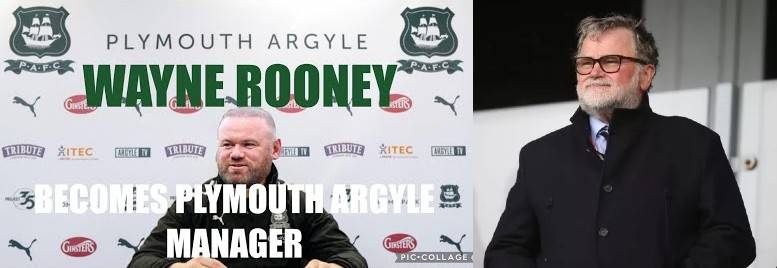Brexit could hike clothes prices says fashion magnate James Brent (They keeping him in the spot light)
The cost of clothing could rise due to Brexit but the UK could still sort out a successful "divorce" from Europe, says leading Plymouth businessman and fashion chain boss James Brent.
Shoppers have already seen clothing prices increase by 0.1 per cent in September 2016, as the falling value of sterling makes imports more expensive.
And Mr Brent (below) is concerned about future hikes as Prime Minister Theresa May's Tory Government figures out whether to opt for a "hard" Brexit from the European Union, or one that retains benefits of the single market.
He said access to that market would be "helpful" but is more concerned about what impact a reduction on foreign labour would have on the UK.
Nevertheless, he is convinced the UK can negotiate its way to a suitable settlement and that business will cope with changes.
Mr Brent is Plymouth Argyle chairman and director of Natatomisam Ltd, the holding company which owns the Pavilions and the Saltrock fashion chain.
He said Saltrock only sells in the UK market, but imports yarn and some man-made materials from abroad, making it vulnerable to currency fluctuations.
"Saltrock imports from China and India, and the cost of yarn and raw materials are US dollar denominated, that impacts on the cost," he said.
Aside from rising costs, there is the potential impact on tariffs from a "hard" Brexit.
The British Retail Consortium (BRC) has warned that if the UK does not reach a post-Brexit trade agreement with the EU by 2019, the nation could be forced to use World Trade Organisation (WTO) rules.
This, it says, would mean tariffs on food and clothing rising sharply, with clothing and footwear prices going up by 16 per cent.
Mr Brent said Brexit could also effect consumer behaviour, and said: "There is a question mark over the impact of Brexit on consumer sentiment. We will have to see how that plays through."
Mr Brent said he voted to remain in the EU in the June 23 referendum, and said: "I was concerned about the risks that would be associated with exit, not because I though we couldn't have a better Britain outside the EU."
But he stressed that successful businesses will be able to handle whatever issues Brexit throws up.
"We are embracing it," he said. "The discussion is how we can improve out business in the context of Brexit.
"We are physically located in Europe and very established with partners in Europe, I don't think any of that changes.
"I have a high degree of confidence there is a mutuality of interest between ourselves and partners in Europe to have an efficient, thoughtful divorce, rather than an inefficient one.
"Trade relationships will be maintained and new trade relationships will be found."
He stressed continued single market membership would be "helpful", but added: "Not to be forgotten, and critical to this country, is immigration.
"This country's success is dependent on immigration."
He said by all means "manage" the amount of immigration but stressed: "But not no immigration."
He added: "That relationship needs to be built on with Europe.
